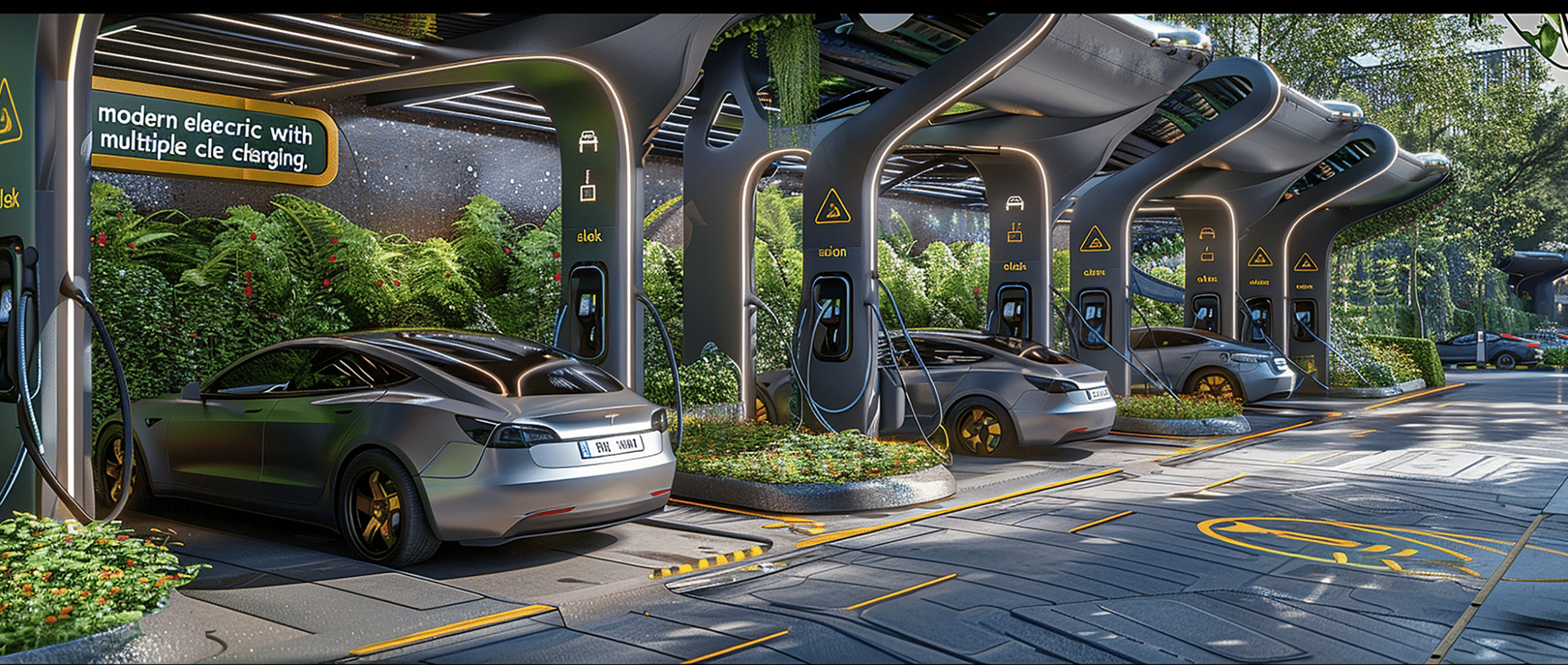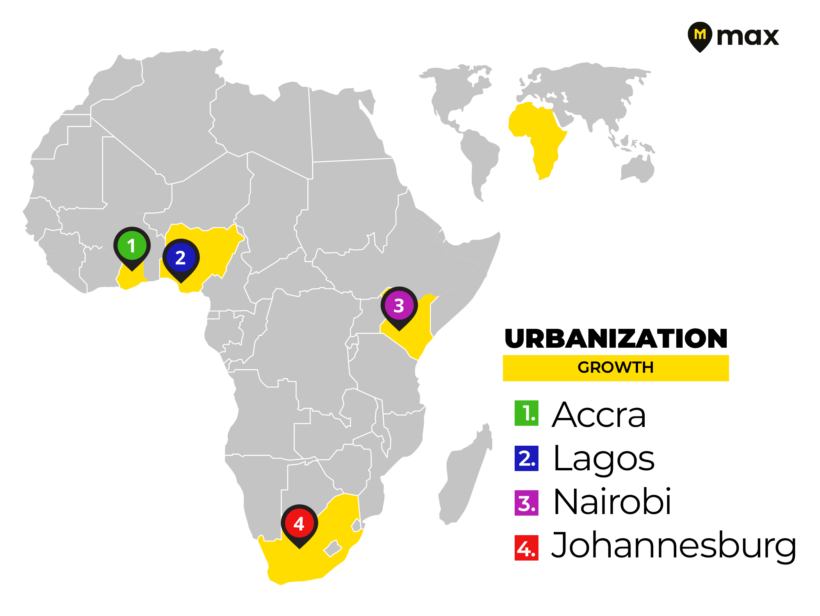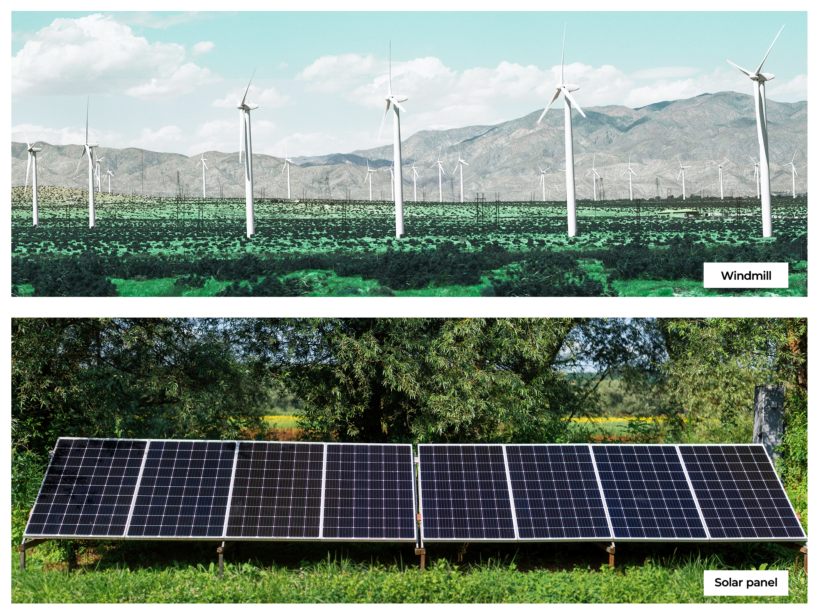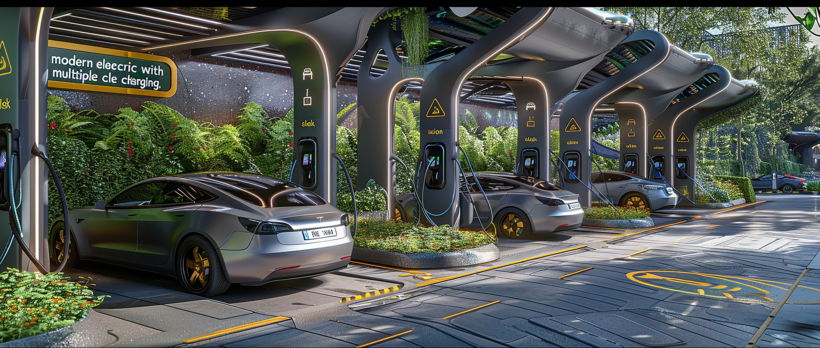
On the Road to Sustainable Transportation Across Africa: Making a Case for Electric Vehicles

As Africa stands on the verge of an urban mobility transformation, we are at a critical crossroads. The decisions made today will shape the future of transportation across the continent for decades to come. The objective is not merely to increase the number of vehicles on our roads but to ensure these vehicles are sustainable, efficient, and equitable. Electric vehicles (EVs) are no longer just a trend; they are integral to achieving Africa’s sustainable transportation future.
The Imperative for Sustainable Mobility in Africa
Africa is urbanizing at an extraordinary pace. Cities such as Lagos, Accra, Johannesburg and Nairobi are expanding rapidly, and with this growth comes an increased demand for efficient and reliable transportation solutions. However, this urban growth also brings significant challenges: rising carbon emissions, air pollution, and traffic congestion. The dominance of traditional internal combustion engine (ICE) vehicles only exacerbates these issues.

According to global mobility experts Andreas Herrmann, Walter Brenner, and Rupert Stadler in Reinventing the Wheel: The Future of Mobility, adopting electric vehicles is about more than just reducing carbon footprints. It is about building resilient, inclusive, and sustainable transportation ecosystems for the future.
The Case for Electric Vehicles in Africa
Why electric vehicles? The reasons are clear.
EVs offer a comprehensive solution to Africa’s mobility challenges, aligning well with the continent’s broader goals of sustainable development. They come with multiple advantages over traditional vehicles. Environmentally, electric vehicles produce zero tailpipe emissions, which can significantly reduce air pollution in densely populated cities across Africa. This is particularly critical in regions like Nigeria, where respiratory illnesses linked to poor air quality are on the rise.
Economically, EVs are more competitive. We are seeing a shift from the “green premium” to a “green discount”. The acquisition cost of an EV is now comparable to that of an ICE vehicle. The total cost of ownership is significantly lower due to reduced maintenance needs and lower energy costs. This is an especially crucial factor in Africa, where the price of petrol has increased recently. The acquisition cost of an EV is now comparable to that of an ICE vehicle. The total cost of ownership is significantly lower due to reduced maintenance needs and lower energy costs. This is an especially crucial factor in Africa, where the price of petrol has increased recently. For example, in Nigeria, fuel prices surged by over 215% between July 2022 and July 2023, and by 360% between July 2023 and October 2024. For drivers across the continent, cost efficiency will be a significant driver of EV adoption. For drivers across the continent, cost efficiency will be a significant driver of EV adoption.
Moreover, Africa is well-positioned to power its EVs through renewable energy sources like solar and wind, reducing reliance on imported fossil fuels and enhancing energy security.

This presents a unique opportunity to lower operational costs and invest in local energy resources. The transition to electric mobility also promises job creation across various sectors—manufacturing, infrastructure development, and vehicle maintenance—as charging networks are built and maintained.
Like the continent’s rapid adoption of mobile banking and decentralized solar energy, Africa could leapfrog older transportation technologies by embracing electric vehicles.
Overcoming the Challenges
However, the shift to widespread electric vehicle adoption in Africa does present challenges. Limited charging infrastructure, high infrastructure development costs, low awareness, and limited product choices remain barriers to EV adoption. Yet, these hurdles are not insurmountable. Addressing them will require strategic collaborations across the value chain, including OEMs, financial institutions, investors, energy providers, fleet operators, auto distributors and Governments.
Several initiatives are already underway to expand EV infrastructure, including projects being developed by companies like MAX, Spiro, Kofa, and Oando Clean Energy.

These innovators are building and scaling charging networks, EV assembly, and financing programs across Nigeria and other African nations. Innovative financing models will help make EVs more affordable for consumers, particularly in markets where upfront cost is a primary concern.
Public awareness is another key factor. Educating communities about the environmental and economic benefits of EVs will help shape perception and increase demand. A coordinated approach that includes infrastructure development, financial innovation, and community engagement will be critical to overcoming the challenges of EV adoption in Africa.
The Future of Mobility in Africa
The vision for Africa’s future is one where transportation is not only efficient but also sustainable and inclusive. By embracing electric vehicles, we can reduce carbon emissions, improve public health, and create new economic opportunities. Our ultimate goal is to build a transportation system that is resilient, innovative, and equitable—one that leaves no one behind.
The road to sustainable transportation in Africa may be long, but with collaboration, vision, and determination, the continent can accelerate its transition to a greener, cleaner future.

Electric vehicles will be central to this journey, serving as a driving force behind Africa’s sustainable mobility revolution.
The future of transportation in Africa depends on the choices we make today. By investing in electrification, we will create a cleaner, more sustainable continent. Whether you’re a business operator, community leader, or policymaker, now is the time to join the movement toward sustainable mobility on the Continent.

